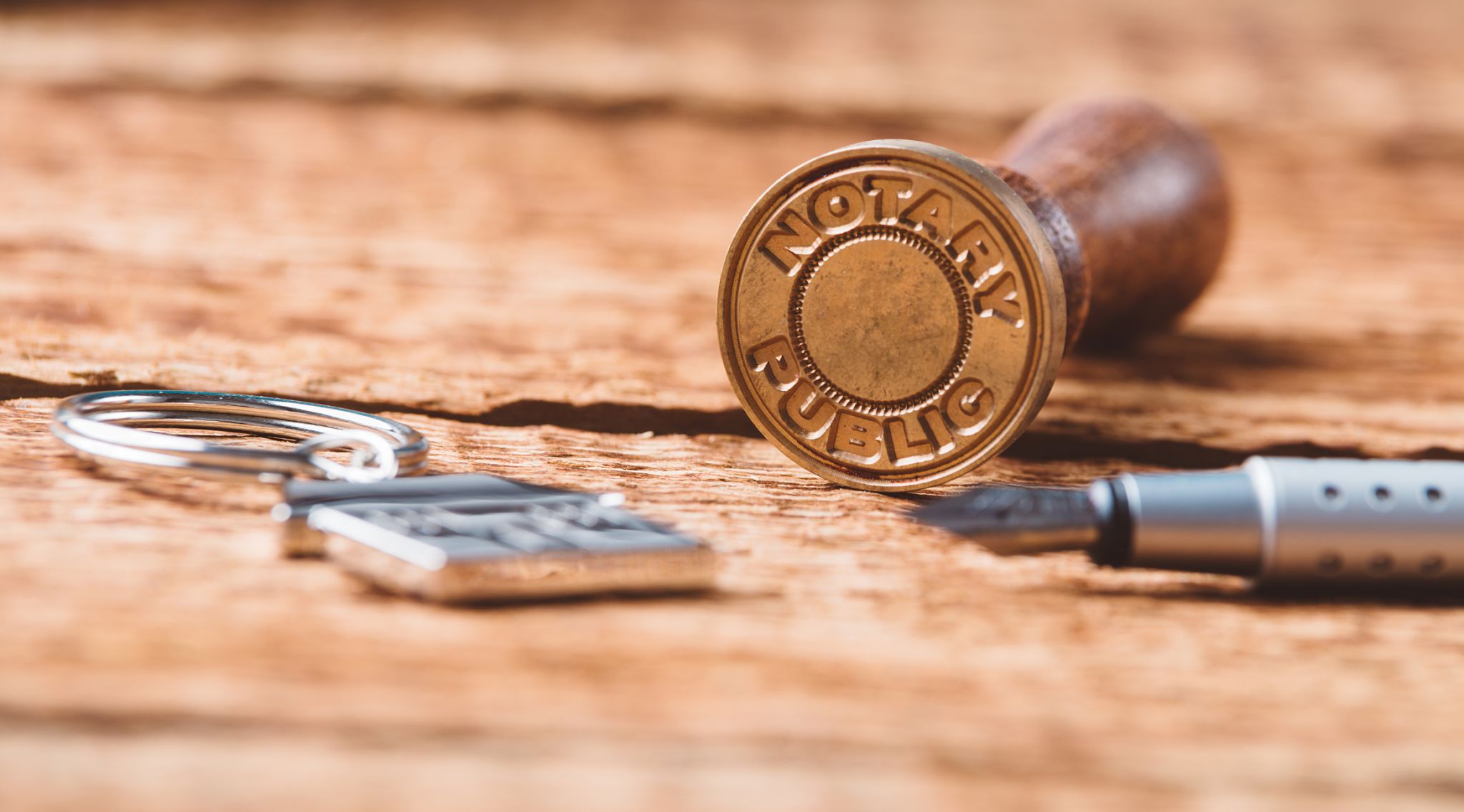How to Prepare for a Notarization Appointment: A Step-by-Step Guide
RJ
Understanding the Importance of Notarization
Notarization is a crucial step in the legal process that verifies the authenticity of documents and signatures. It ensures that documents are executed properly and helps prevent fraud. Whether you're signing a contract, a deed, or an affidavit, knowing how to prepare for a notarization appointment can save you time and ensure a smooth process.

Gathering the Necessary Documents
Before your appointment, it's essential to collect all the necessary documents that require notarization. Make a list of these documents and ensure they are complete. Double-check for any missing pages or signatures that might delay the process. It's also a good idea to make copies of these documents for your records.
Ensure Proper Identification
A valid form of identification is required for notarization. Acceptable forms typically include a driver's license, passport, or government-issued ID. Ensure that your ID is current and not expired. The notary public will need to verify your identity to proceed with the notarization.

Scheduling Your Appointment
Once you have your documents and identification ready, schedule your notarization appointment. Some notaries operate on a walk-in basis, while others require appointments. Confirm the notary's availability and any specific requirements they may have. It's advisable to arrive a few minutes early to your appointment to allow time for any unforeseen delays.
Understanding Notary Fees
Notarization services often come with a fee, which can vary depending on the type of document and location. Before heading to your appointment, inquire about the fees involved and ensure you have the means to pay them. Some notaries accept cash only, while others may take credit or debit cards.

Preparing for the Notarization Process
During the appointment, the notary will ask you to sign the document in their presence. Ensure you do not sign any documents before the appointment, as this could invalidate the notarization. The notary might also ask you a few questions to confirm your understanding of the document's contents and your willingness to sign.
Addressing Special Circumstances
If you have any special requirements, such as needing a witness or additional documentation, discuss these with the notary beforehand. This preparation can help avoid any complications during the notarization process.

Concluding the Appointment
After the notary has verified your identity and witnessed your signature, they will affix their seal or stamp to the document, completing the notarization process. Ensure you receive a copy of the notarized document for your records. Keep this in a safe place as it may be required for future reference.
By following these steps, you can be well-prepared for your notarization appointment, ensuring a streamlined and efficient process. Proper preparation not only saves time but also provides peace of mind knowing that your documents are legally validated and protected.